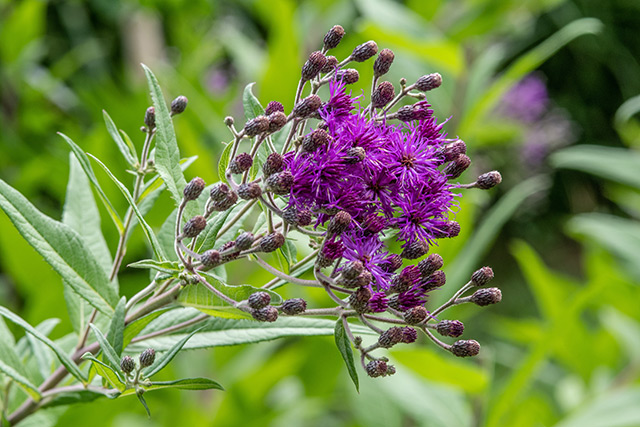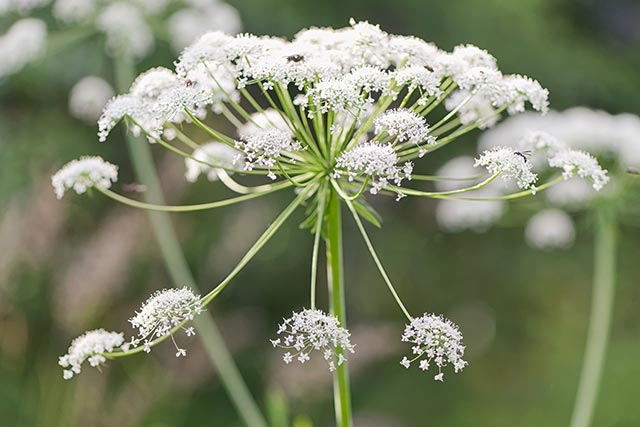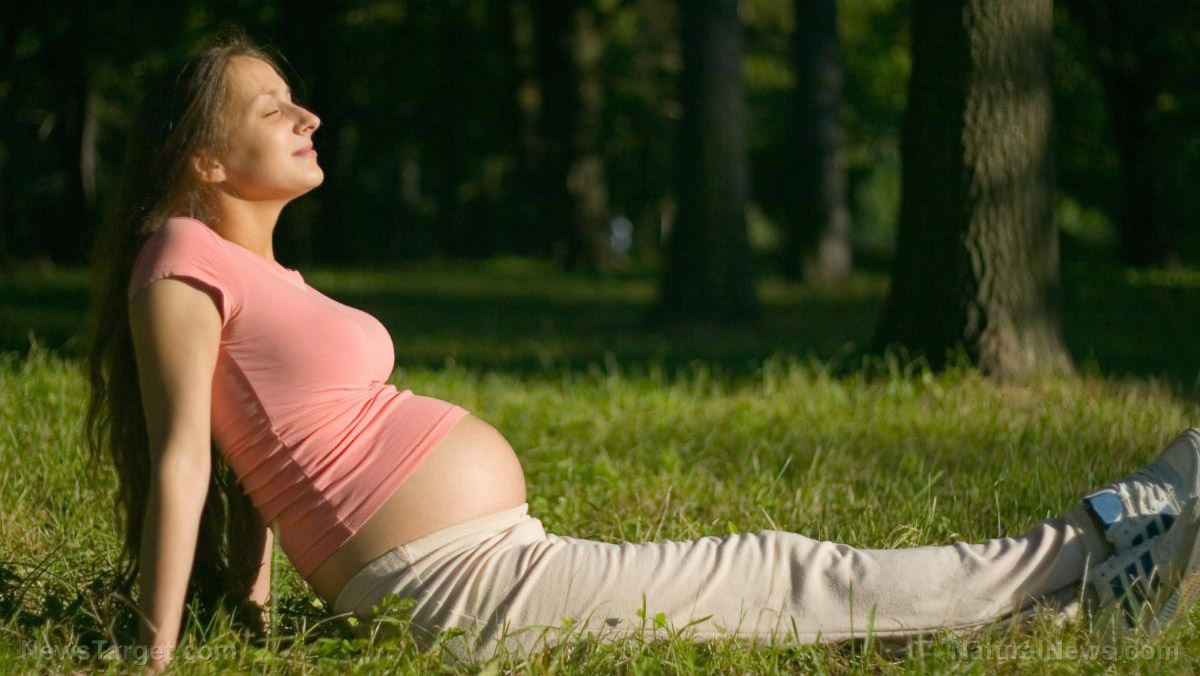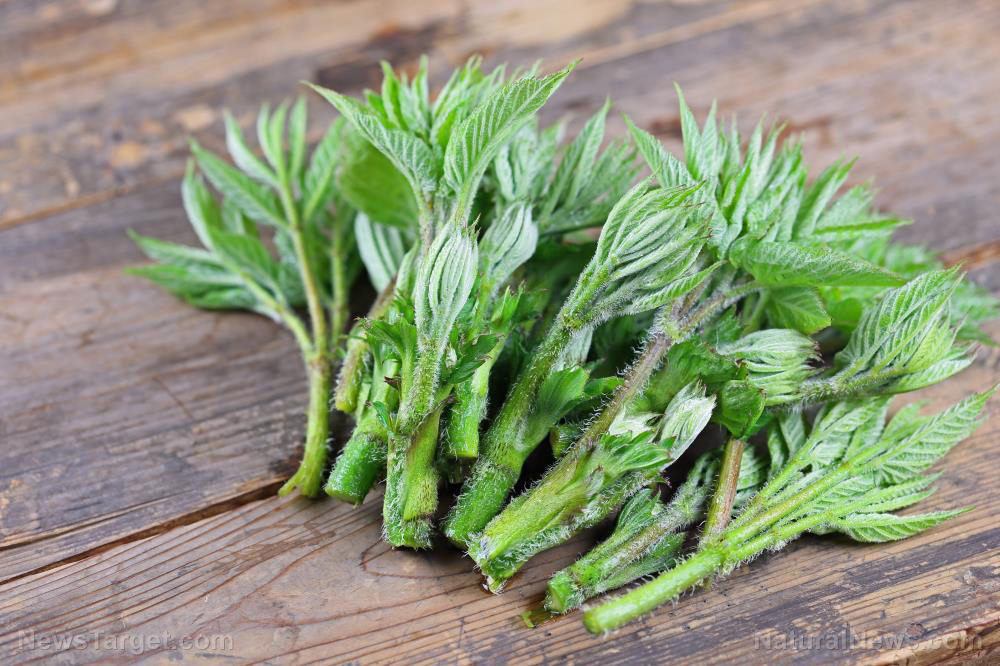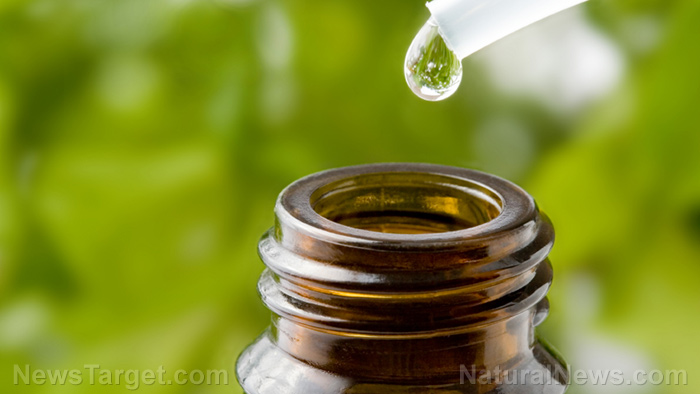Can babies get psoriasis?
12/06/2018 / By Rhonda Johansson

Yes, they can. While infant psoriasis is rare (only two to six percent of all psoriasis cases affect children younger than two), parents should still be aware of this autoimmune disorder. Newborns are not immune to the disease, and many psoriasis medications can be dangerous to a developing baby.
The causes for infant psoriasis is still unknown. It is hypothesized that the autoimmune disorder develops when the immune system becomes confused, attacking normal healthy cells mistaken for foreign bodies. The result is inflamed patches of skin which can become scaly and painful to the touch.
Some doctors believe that there can be a genetic predisposition to psoriasis. Babies diagnosed with the disorder tend to have a family history of psoriasis. According to The Psoriasis and Psoriatic Arthritis Alliance (PAPAA), there is a 15 percent chance of a baby developing psoriasis if one parent has the condition. If both parents suffer from the disorder, the risk of the child having it shoots up to 75 percent.
Dr. Adriana Brune, a Pediatric Dermatologist in Oregon says in an article on Everyday Health that infant psoriasis can also be triggered by an infection of the upper respiratory tract. “Psoriasis in children may be triggered by common infections, such as streptococcal or viral ones,” she notes.
Most infantile psoriasis occurs around the diaper area. Parents often confuse the disorder with a normal rash, delaying treatment in the hopes that it will just “go away.”
What does my child have?
Many doctors initially diagnose the inflammation as eczema, which is a common skin condition characterized by red, itchy skin. There can be an overlap between eczema and psoriasis but there are essential differences between the two. Psoriasis exhibits well-defined thick and scaly patches, which are red. Children with this disorder show thick patches of skin with an overlying redness. Other symptoms of infant psoriasis include: swollen and stiff joints, cracked skin that can bleed, pitted nails, and soreness. Eczema, on the other hand, typically looks like a rash and is generally itchy. Eczema patches are normally pink rather than angry red and are rougher to the touch.
It is often hard to tell if a baby has psoriasis or another skin condition. The best way to determine this is to carefully observe your infant. Unlike a typical rash, psoriasis eventually scales over.
Okay, so my baby has it, what do I do now?
Most doctors will prescribe topical medications to reduce the inflammation. There are also new studies that recommend the use of light therapy. However, there are other treatments to consider. The National Psoriasis Foundation (NPF) has listed some natural remedies that can help.
Aloe Vera gel can be applied to the skin to reduce redness and scaling. The antibacterial and anti-inflammatory properties of these gels can help the baby relax and reduce psoriasis symptoms. (Related: Psoriasis – Here are Latest Herbal Medicines To Treat Psoriasis.)
Parents can also use dead sea salt to remove the scales and ease itching. To do this, simply add a few handfuls of the salt in warm bath water and let the baby soak in the tub for around 15 minutes. Be sure to apply natural moisturizers after the bath to protect the baby’s skin.
You can also try using creams made with capsaicin (an ingredient found in chili peppers). Many studies prove that this compound helps reduce inflammation and pain. This can prove to be beneficial and bring some relief to the baby.
Another treatment to try is apple cider vinegar. This may relieve itching and prevent irritation. Dilute the vinegar with water to prevent a burning sensation. Parents should be careful not to use this wash for areas that are cracked or bleeding though.
Keep in mind that babies have no way of vocalizing their discomfort. Parents should pay close attention to their children’s behavior and note any changes in their sleeping or eating patterns. Psoriasis often affects a baby’s ability to sleep or nurse.
Sources include:
Tagged Under: Autoimmune disorders, baby skin, eczema, eczema in babies, infant disorders, pediatric disorders, psoriasis, psoriasis in babies

